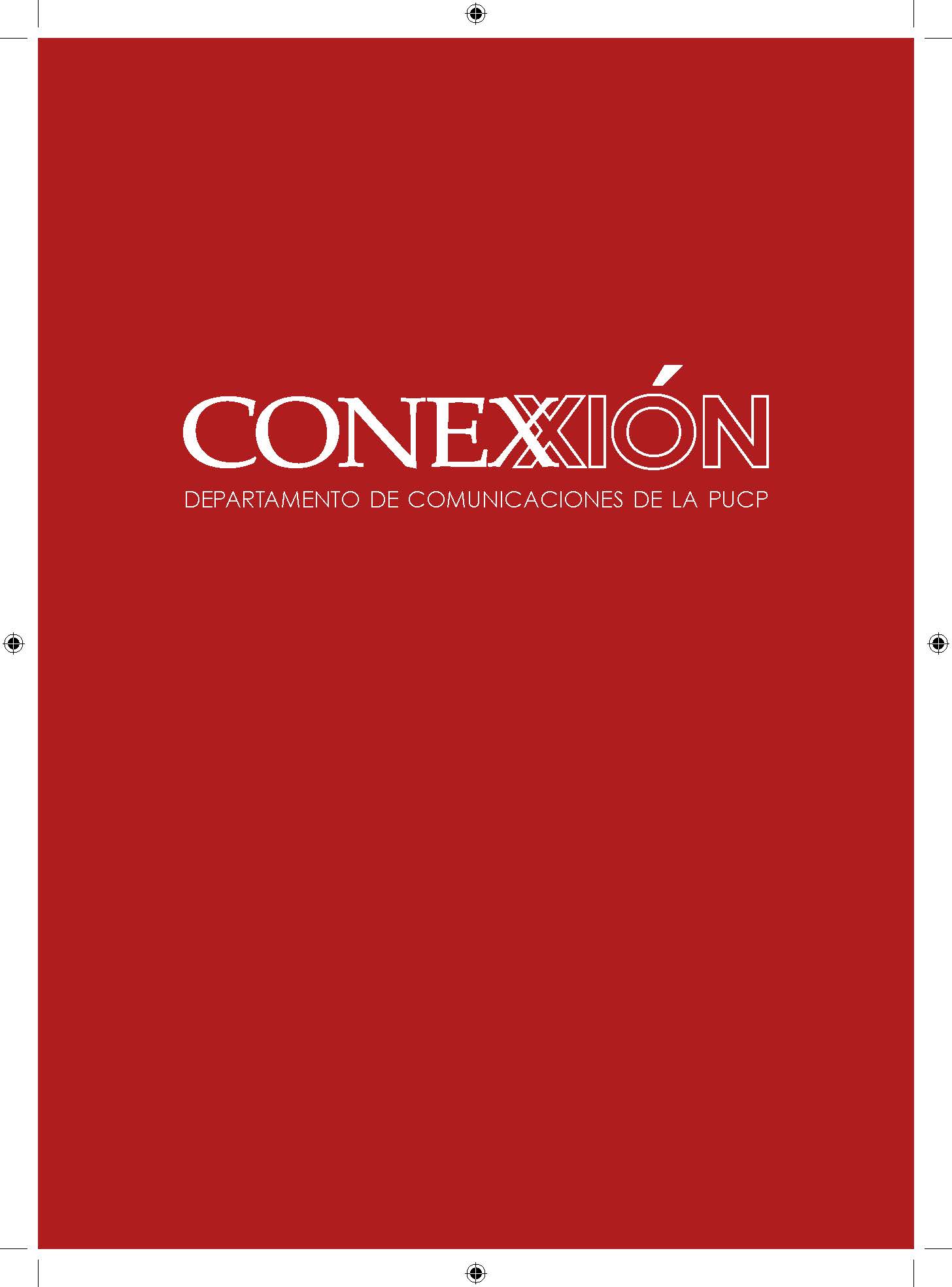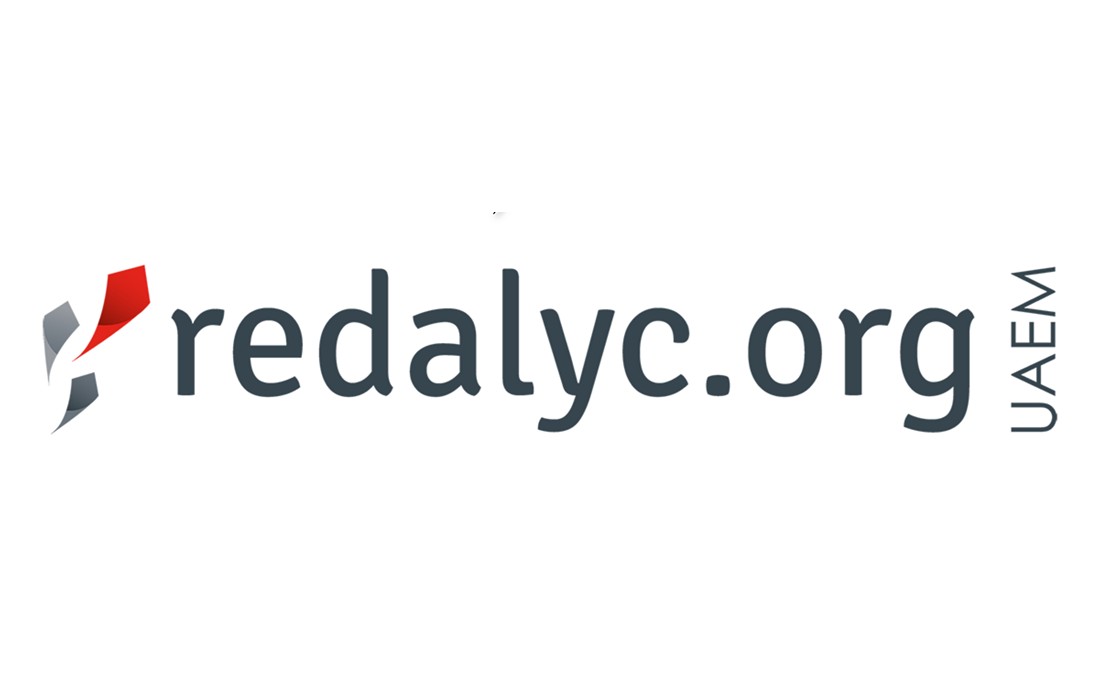Lo étnico en política: notas en el caso peruano
DOI:
https://doi.org/10.18800/conexion.201701.001Palabras clave:
Perú, Partido étnico, Populismo, Etnocacerismo, Política, Comunicación interculturalResumen
Este artículo aborda un tema de singular relevancia en la actual discusión sobre el papel, peso y dimensión que lo étnico tiene en la manera de hacer y organizarse en y para la política en el siglo XXI. Abordando el proceso peruano, presenta una aproximación desde la ciencia política, la historia y la comunicación. Discute la presencia en la continuidad histórica de los pueblos indígenas del Perú desde su adaptación natural a los Andes, pasando por la expansión Inca, la devastación de la Conquista, las rupturas de la Colonia, las continuidades de la República, hasta la propuesta falaz de una identidad etnocacerista. Asimismo, la particular presencia de lo étnico en el Perú hoy como novedad impulsada por el Fondo Monetario Internacional y el Banco Mundial. Finalmente, plantea el reto de una comunicación intercultural en una sociedad objetivamente multilingüe y pluricultural.
Descargas
Descargas
Publicado
Cómo citar
Número
Sección
Licencia
Derechos de autor 2017 Conexión

Esta obra está bajo una licencia internacional Creative Commons Atribución 4.0.















